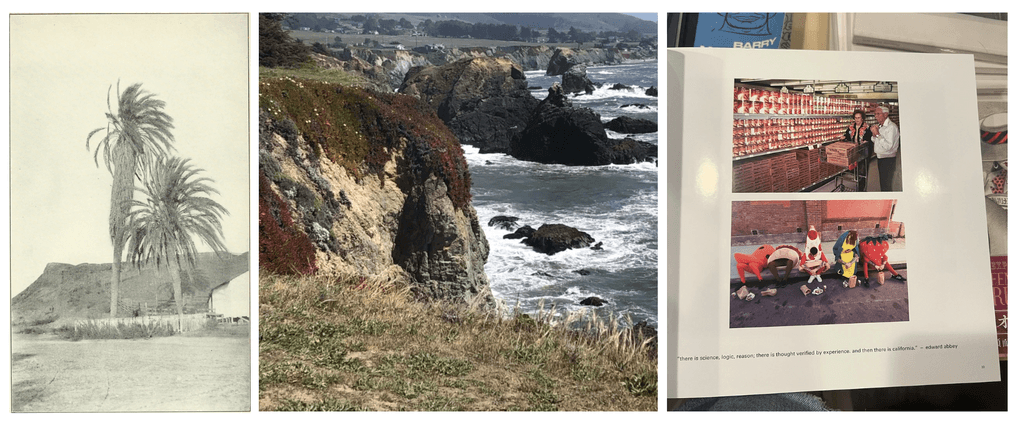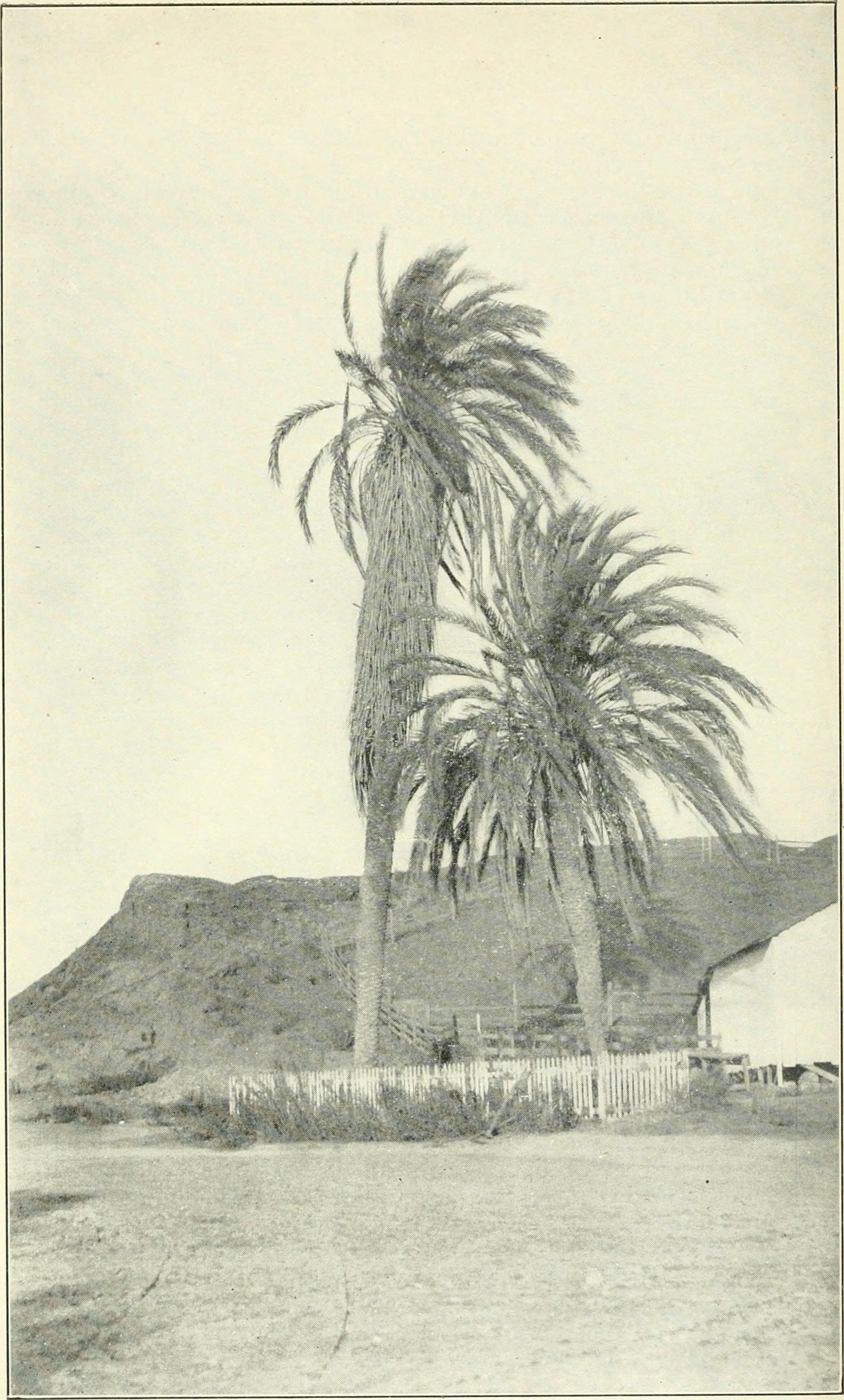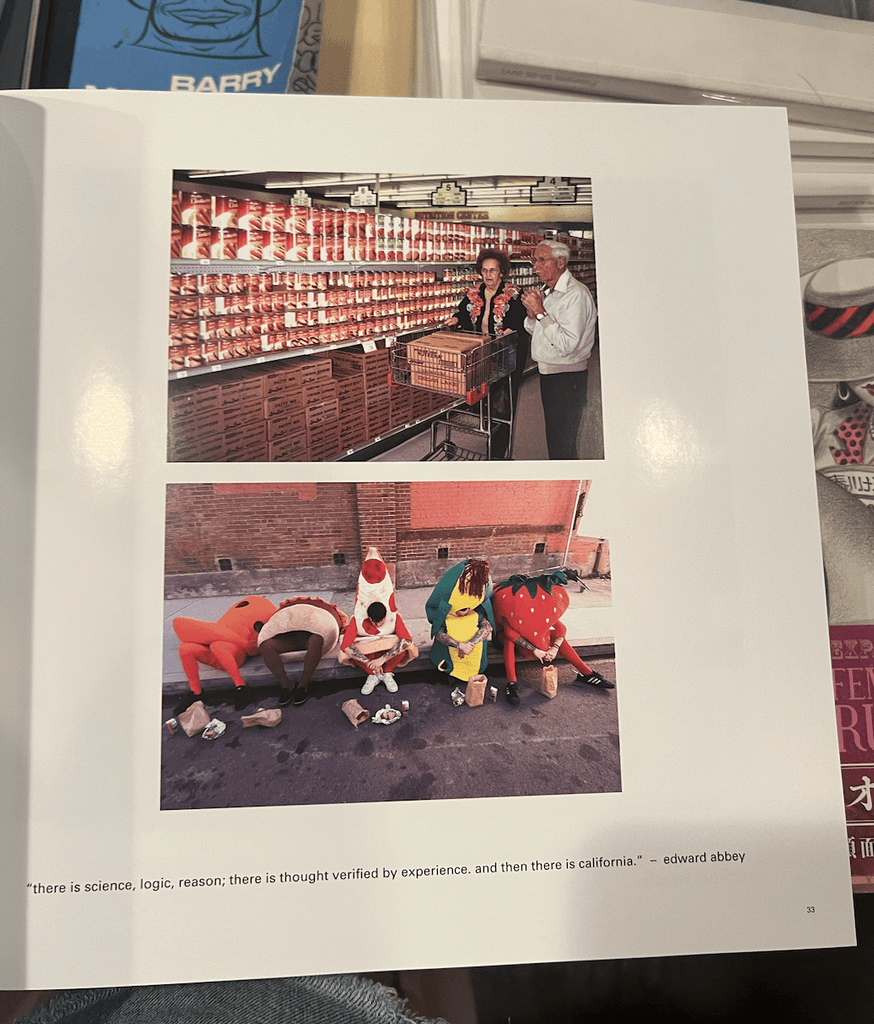A Modern Eden
California, the promised land. Rich in natural resource, fertile ground – it is this allure of Eden which for centuries has drawn those seeking paradise, a new frontier. There is an intangible spirituality to being on the edge (quite literally) – the feeling of zero restraint and limitless possibility, grounded by the vastness of land and space.
It is this premise which attracts those with a certain optimism, seeking the potential of what is undefined (and not guaranteed). In 1848, the discovery of gold in the Sacramento Valley drew hordes of prospective gold miners to San Francisco and the surrounding area. The promise was (somewhat) true – they ultimately extracted $2B of precious metal during the Gold Rush. Agriculture and ranching thus expanded across the state to meet the needs of this new economy. In the 1930s, thousands of Dust Bowl refugees migrated to California motivated by this same hope, the possibility of Eden… Steinbeck wrote in The Grapes of Wrath, “Why don’t you go on West to California? There’s work there, and it never gets cold. Why, you can reach out anywhere and pick an orange.” It was the largest migration in US history.
This undeniably raw hope defines California. It’s the origin of Hollywood – the possibility of stardom. And while the dream has forever been tied to the immense value of California’s land, what little remains is not enough to justify a modern renaissance. We thus began engineering ourselves the materials through which value might be realized… the software revolution attracted a new population of settlers who realized this potential by building platforms and networks. California today presents us with new material, again one of our own creation – artificial intelligence, machine as man. This technical shift is our modern Eden.
A conversation I had last night evolved into a debate on AGI vs God. I’ve written about the importance of spirituality and belief in a higher universal meaning in some of my previous posts. In a world where these traditional formats of spiritual expression are shattering, it seems there is a case to be made for faith in a machine rather than a supernatural figure. I don’t necessarily believe in a world that develops in this direction, but I have to acknowledge the perhaps inevitable possibility. We trust the internet more than we do ourselves in most cases today anyway. AI boyfriends / girlfriends are the dominant use cases of chatbots and many of the open source projects play with this idea in depth. Jordan wrote a fascinating tweet about sexting with bots and how we as a species are perhaps testing our ability to mate with them as a first step toward acknowledging a consciousness. Seeing agents as other humans is certainly different than perceiving them as God, but speaks to the level of intuitive intimacy that has already developed. AGI behaves like a God in more ways than not – implied immortality, the facade of limitless knowledge. Where the idea feels nuanced is in our own ability to train a machine to act in the ways we desire. Yet the bible was written by man too. We tell ourselves stories in order to live. How different is the God I believe in from the idea of an omniscient machine?
We deify the most successful founders (Elon, Zuck) and fear them because their power is not restricted by borders. Their influence is global (FB is the easiest example) and certainly supersedes the governing body of any nation. Yet it begins in Silicon Valley. I imagine a next era of companies where this pattern of transnational influence only grows, perhaps with a machine at the helm over an individual. I think we are seeing early signs of how this could play out with OpenAI and deifying GPT over @sama. When this experience is universal, does it accelerate a culturally / spiritually unifying movement toward AGI worship (at least in terms of behavioral guidance) opposed to disaggregated belief systems with varying God figures? How much of AI can we align to a technical shift like the internet, and how much can we align it to a theological shift like the rise of judeo-christianity. I write this because it feels inextricably tied to California as the central Eden from which all spirituality begins, at least in a Western construct.
This depiction of California is intensely idealized, though perhaps that reveals my current sentiment. In most places, playing the game according to the rules is rewarded, and the game is already defined. What California rewards is the creation of new systems entirely. I think a new era has begun and we are attempting to define an alternate faith and with that, reclamation of the paradise which we have always imagined will exist... “You don’t have to be miserable anymore. You’re in California now.”
I’ve mentioned some of them already, but to honor this theme, here are a few of my favorite California references:
Steve Jobs on California (Make Something Wonderful - preface)
California Dreaming (The Mamas & The Papas)
Once Upon A Time in Hollywood (Quentin Tarantino)
Bella Hadid's Guide to LA (ID Mag)
Why I Came to California (Leon Ware)
Mad Men season 2 episode 11 - The Jet Set



